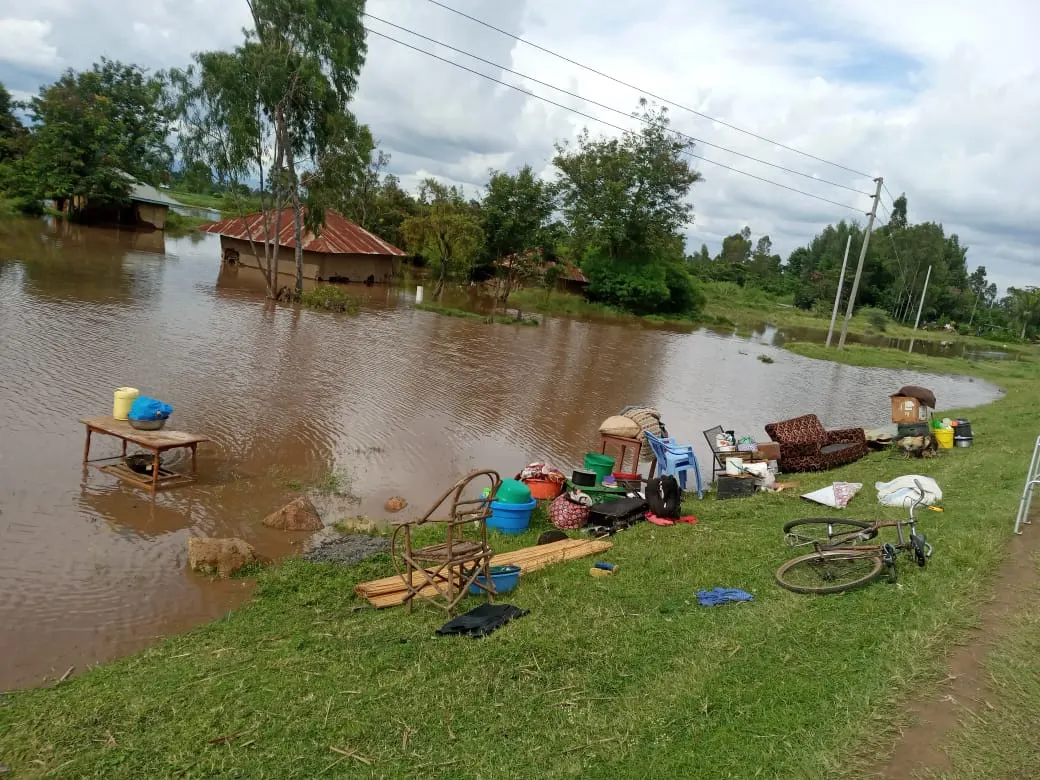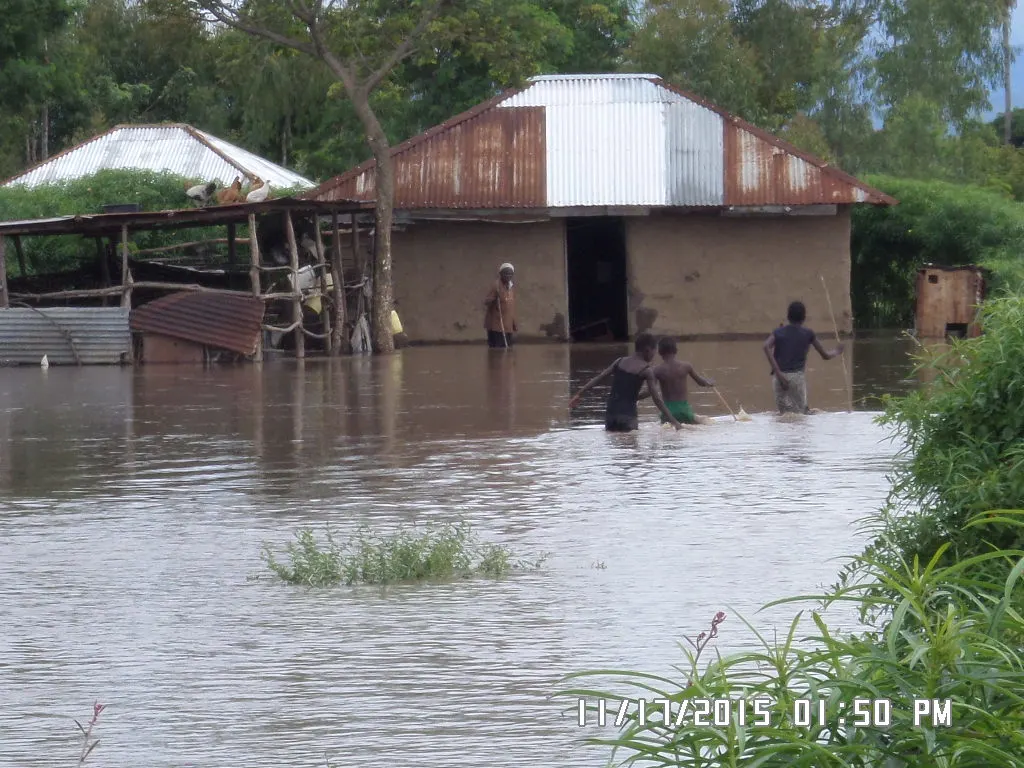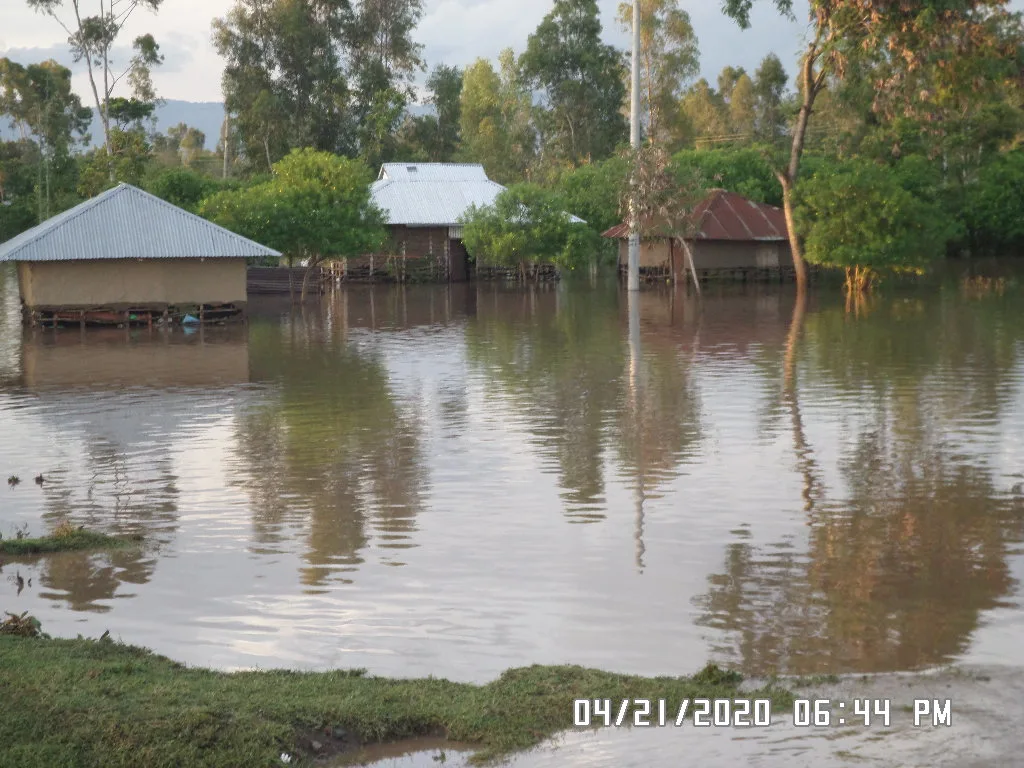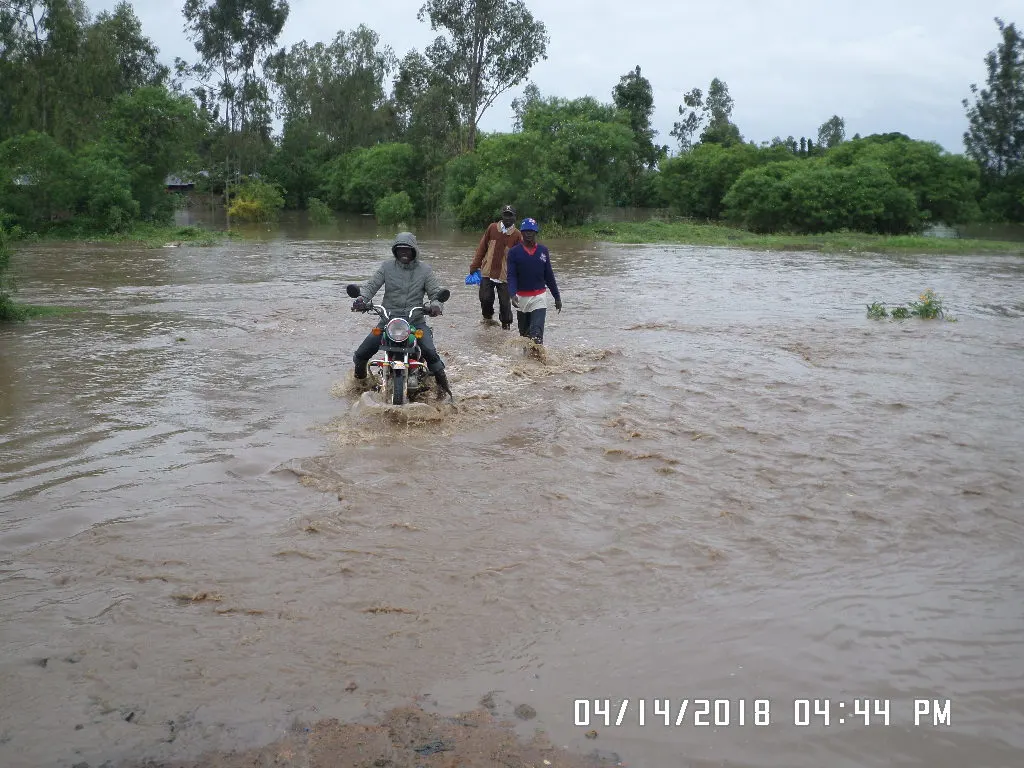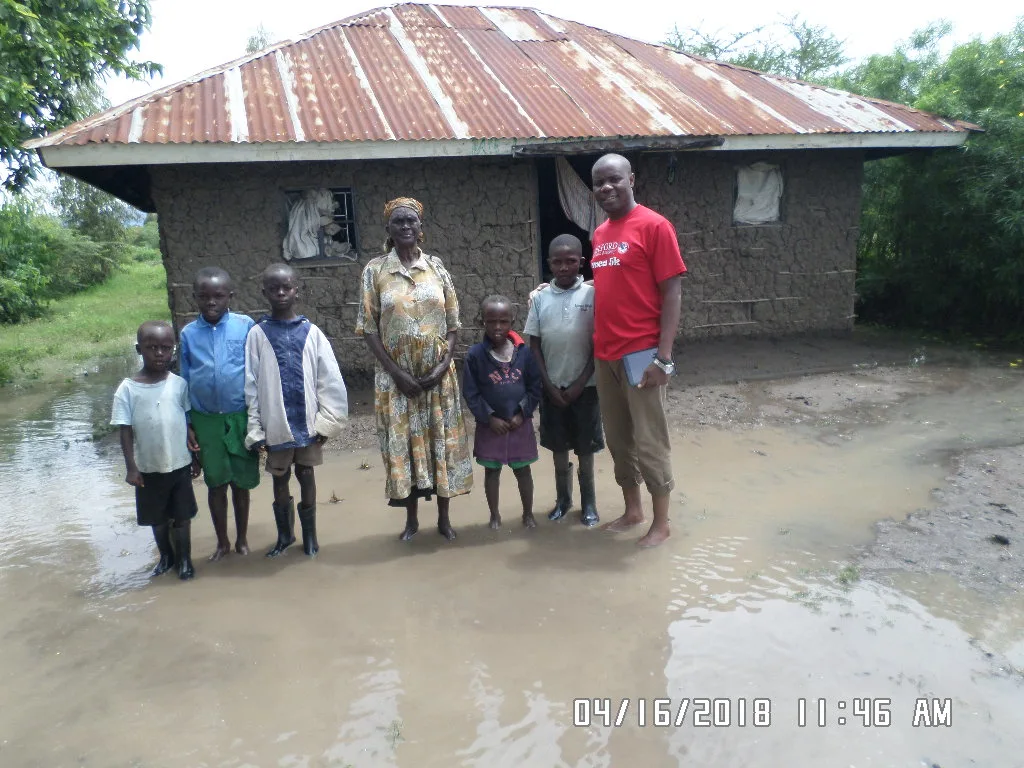The Flood Crisis in Ahero
Ahero, located in the Kano Plains of Kisumu County, is highly vulnerable to flooding due to its low-lying topography. When River Nyando bursts its banks during heavy rainfall, entire communities face devastating consequences.
The annual flood cycle has become a harsh reality for thousands of residents. Homes are submerged, families are displaced, crops worth millions are destroyed, livestock perish, and lives are lost. The impact extends beyond immediate destruction, it disrupts education, healthcare access, and livelihoods for months.
United Hope International responds swiftly when disaster strikes, providing emergency relief and support to affected communities. We believe no one should face disaster alone, and every person deserves dignity, safety, and hope during their darkest hours.
